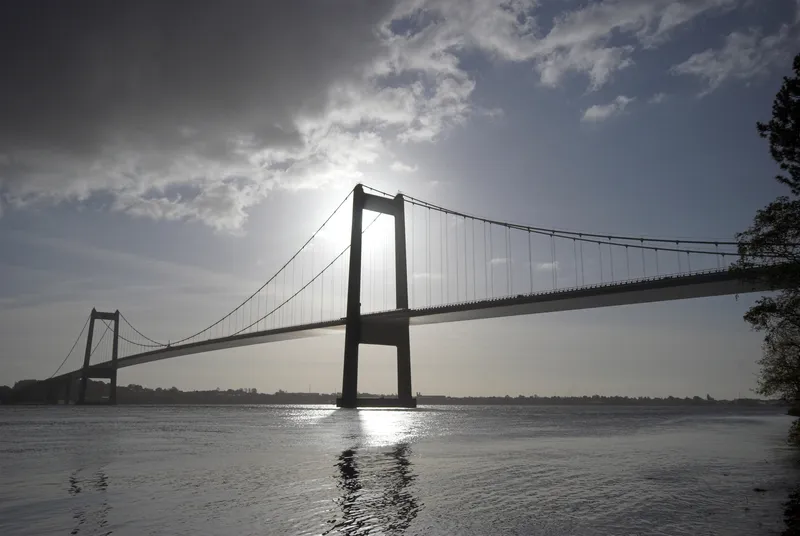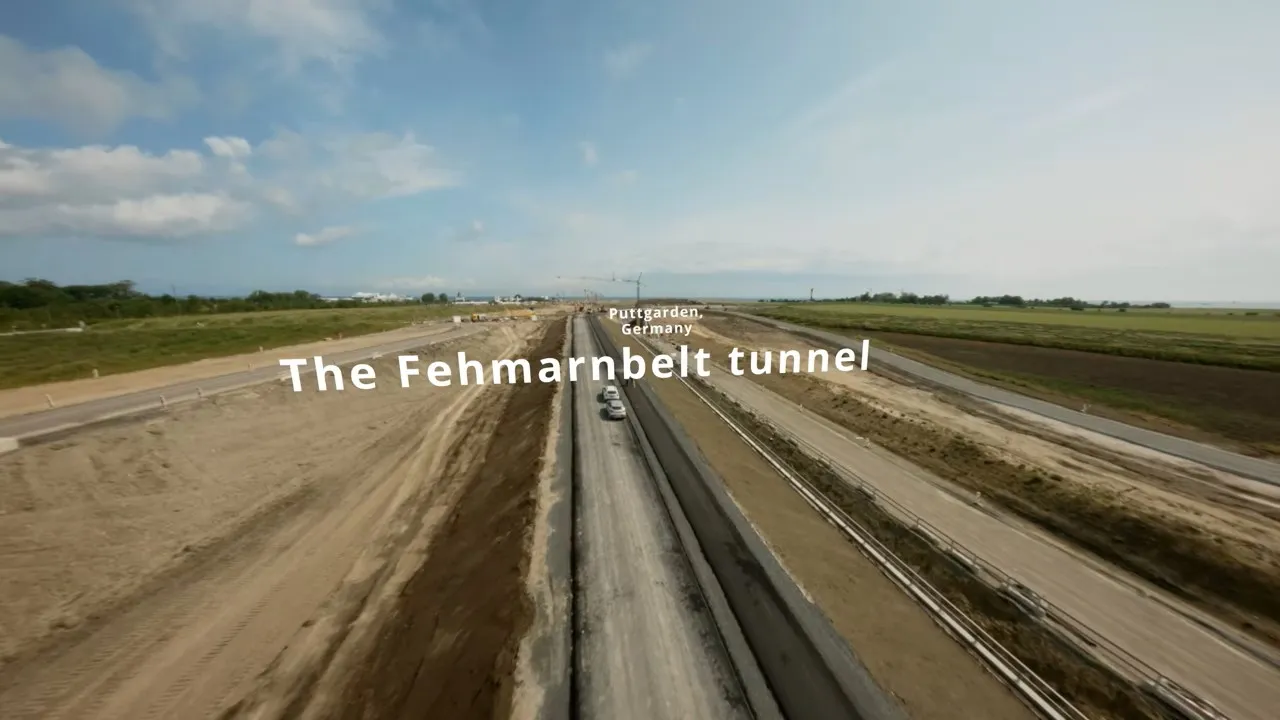A study by Danish consultant Hans Schjær-Jacobsen has shown that the payback period for the proposed Fehmarn Belt Fixed Link tunnel project between Denmark and Germany will be close to 50 years.
This is a decade longer than estimated by the developers of the project which focusses on a 17km immersed tunnel, the study noted.
The Fehmarn Belt Fixed Link will connect the German island of Fehmarn with the Danish island of Lolland. The 17km tunnel, including two railway tunnels, two motorway tunnels and an
October 9, 2015
Read time: 2 mins
A study by Danish consultant Hans Schjær-Jacobsen has shown that the payback period for the proposed Fehmarn Belt Fixed Link tunnel project between Denmark and Germany will be close to 50 years.
This is a decade longer than estimated by the developers of the project which focusses on a 17km immersed tunnel, the study noted.
The Fehmarn Belt Fixed Link will connect the German island of Fehmarn with the Danish island of Lolland. The 17km tunnel, including two railway tunnels, two motorway tunnels and an emergency tunnel, will cross the Fehmarn Belt, or Fehmarn Strait, in the Baltic Sea.
Also, driver fees alone are unlikely to be sufficient for the financing of the link. Danish taxpayers will likely have to contribute to the project. More research is needed to pinpoint the finer details of the project whose estimated cost has been rising over the past year.
The Fehmarn Belt immersed tunnel project was approved by the Danish parliament in April 2015. It is supposed to be built, owned - apart from the German land works - and operated by a Danish state agency called Femern, a subsidiary of Sund & Bælt Holding, and financed by loans guaranteed by the Danish government.
The loans are scheduled to be amortised by income from users of the tunnel which is planned to be open at the beginning of 2022. But the project continues to face obstacles, not least obtainable large enough subsidies from the European Union, total construction costs and approval by German authorities.
Government authorities in the German state of Schleswig-Holstein recently indicated that permission for the project, will probably be given in 2017, and not in 201, as previously believed. German authorities have received about 3,100 objections to the project that has risen in cost to around €8.6 billion.
The completion of the project might therefore be delayed from 2021 to 2027.
World Highways reported in February that the Danish government was talking to contractors over the latest rise, a jump of €1.2 billion, in cost estimates for entire project. Contractors estimated an extra €295.5 million will be needed. This is in addition to a statement last November by the contracting company Femern saying that costs had risen nearly by €900 million.
This is a decade longer than estimated by the developers of the project which focusses on a 17km immersed tunnel, the study noted.
The Fehmarn Belt Fixed Link will connect the German island of Fehmarn with the Danish island of Lolland. The 17km tunnel, including two railway tunnels, two motorway tunnels and an emergency tunnel, will cross the Fehmarn Belt, or Fehmarn Strait, in the Baltic Sea.
Also, driver fees alone are unlikely to be sufficient for the financing of the link. Danish taxpayers will likely have to contribute to the project. More research is needed to pinpoint the finer details of the project whose estimated cost has been rising over the past year.
The Fehmarn Belt immersed tunnel project was approved by the Danish parliament in April 2015. It is supposed to be built, owned - apart from the German land works - and operated by a Danish state agency called Femern, a subsidiary of Sund & Bælt Holding, and financed by loans guaranteed by the Danish government.
The loans are scheduled to be amortised by income from users of the tunnel which is planned to be open at the beginning of 2022. But the project continues to face obstacles, not least obtainable large enough subsidies from the European Union, total construction costs and approval by German authorities.
Government authorities in the German state of Schleswig-Holstein recently indicated that permission for the project, will probably be given in 2017, and not in 201, as previously believed. German authorities have received about 3,100 objections to the project that has risen in cost to around €8.6 billion.
The completion of the project might therefore be delayed from 2021 to 2027.
World Highways reported in February that the Danish government was talking to contractors over the latest rise, a jump of €1.2 billion, in cost estimates for entire project. Contractors estimated an extra €295.5 million will be needed. This is in addition to a statement last November by the contracting company Femern saying that costs had risen nearly by €900 million.








